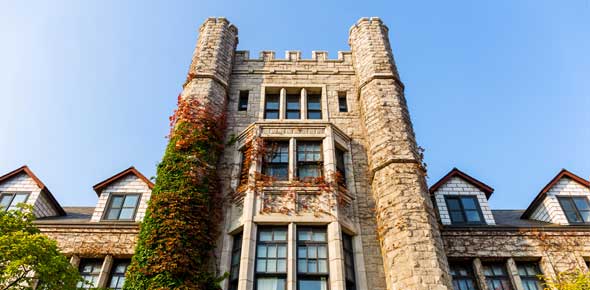Related Flashcards
Related Topics
Cards In This Set
| Front | Back |
|
Geography
|
England as an island was very important—helped it to not be invaded (1588
invasion of the Spanish Armada unsuccessful).
|
|
King Henry VIII
|
Split from the Catholic
Church—developed the Anglican Church which was more powerful
|
|
1215-1700 changes in Britain
|
Was a feudal society. 1215 society starts to limit the power of the crown
when King John signs the Magna Carta. A few years later Parliament was created. In the
1200s it was just a group of aristocrats (not elected) meeting to protect their interests
|
|
Magna Carta
|
The king must consult the nobles when levying taxes. He may not arbitrarily arrest nobles or seize their property.
|
|
1688
|
King James forced to agree to the supremacy of Parliament over the monarch
|
|
England during the 1600s
|
Becomes the United Kingdom (of Wales,
Scotland, & Northern Ireland)
|
|
The effects of industrialization
|
class system changes from a feudal structureàserfs become workers in cities, and a middle class is created, as are upper industrialists. Workers are now able to read and write, and industrialists demand a voice in government. The factories demanded access to raw materials
(cotton, technology, workers) so they colonized India, U.S., Australia, Canada,
New Zealand, Africa, Caribbean, etc.
|
|
WWI
|
England as a world power started to decline, had
lost a large number of
soldiers while the U.S. and USSR gained power
|
|
1945-75 (after WWII)
|
The state expanded to
combat poverty through welfare—education/national healthcare—provides free care for
most people, money was given to the unemployed and ill. Basic services were
nationalized (railways, steel) and for a long time the economy grew.
|
|
Margaret Thatcher
|
became prime minister in 1979 (Conservative)—said the government
is too big, too many government-owned enterprises, special interests (labor
unions) have too much power (neoliberalism, U.S. Republican party ideals),
thought private business would be more competitive.
|
|
Negative effects of Thatcherism
|
she did not meet the needs of the under class and homelessness grew.
“Britain became a less caring society.”
|
|
Parliamentary system
|
No separate
election for Prime Minister, is a person elected from the majority party. Vote of no confidence. Easy to pass legislation. No
written ConstitutionProblem of minorities getting
into office, the winner takes all.
|
|
Constitutional monarchy
|
the monarch has symbolic power, the prime minister is the political leader
|
|
Unitary state
|
doesn’t have a division of powers (as in the U.S.), most of the
significant power is concentrated in the federal government and local power is
weak
|
|
Fusion of the
executive/legislature
|
members of the executive (prime minister and the p.m. senior government
ministers) are also members of Parliament
|




